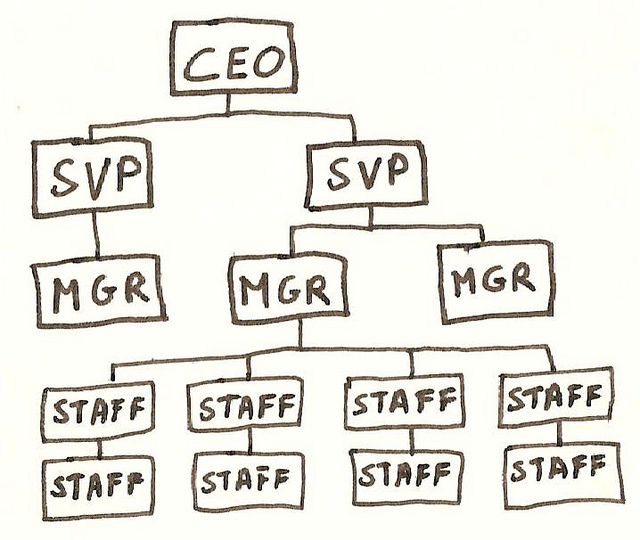So what can a “leader” do without a title? What can a “leader” do without a position?
There are many times in life, work and ministry that we may find ourselves without a formal title or position and yet still feel a call to lead. But who will follow? And who are we leading? And for what purpose? And toward what end result?
All of these are questions we may face when we feel a burning desire within to help others, to see lasting change in lives, organizations and communities and yet don’t have an official “platform” from which we can lead.
What are some principles of leadership that are applicable regardless of title or position?
First you must determine why it is you want to lead and what you hope your leadership will accomplish. I have the gift and curse of being able to see shortcomings and limitations that inhibit health and growth in persons and organizations. I say this is gift and a curse because sometimes that means that I am tempted to be critical or judgmental however it is a gift because I am often able to learn from others’ mistakes and help others process their own circumstances and look for a better future. My burning desire to lead others stems from the calling God has placed on my life and the gift He has given me to see hidden or invisible obstacles which are blocking certain paths of health and vitality.
I want to lead to help people overcome. I want to help people to discover breakthrough. I want to be a part of personal, community and organizational transformation and vitality. And so I lead.
Why do you lead? You must nail this down if you want to do more than spin your wheels.
The why of leading also helps you to understand that you simply don’t have to have a title or a position in order to lead. Since leadership is so much about empowering and releasing, what better place to do that than when you have no formal responsibility or accountability to a person or hierarchy. Instead leadership from this position (or lack thereof!) is simply engaging people in conversation and equipping them with the tools necessary to become a better person/family member, employee, member or citizen.
Second, a person who wants to lead needs to be in relationship with others. You cannot lead systems or plans or structures. These are only managed. People are led. And so in order to truly influence and impact people regardless of title or position you must find yourself connecting with people. Let us not delude ourselves into thinking that we can lead people from the Monday morning quarterback position or our weekend soapboxes on street corners. No, in order to lead people we have to get into life with them. We have to walk with them along dusty and difficult paths. And relationships are messy. There are a number of nuances present in all relationships: give and take, likes and dislikes, philosophy, theology, politics. Leading others means walking with and listening to them, hearing their joys and pains, past experiences and future dreams. And trust me, you don’t need a moniker to do this, people love to tell their story if you will listen.
So, remember these two principles of knowing why you want to lead and the importance of relationships in order to make a difference regardless of your job description. Please let go of the need for titles, recognition, accolades and the like and simply pour into those you are compelled to lead. If you genuinely listen and invest in them, before long you will find that you have influenced them for the good regardless of what your business card or college degree says about you.
Photo credit: Luc Galoppin / Foter / CC BY




Please note: I reserve the right to delete comments that are offensive or off-topic.